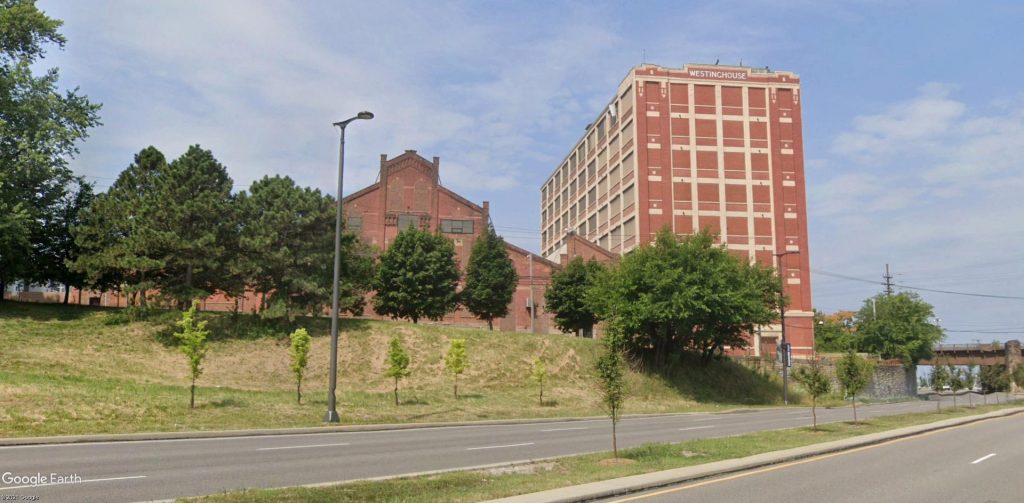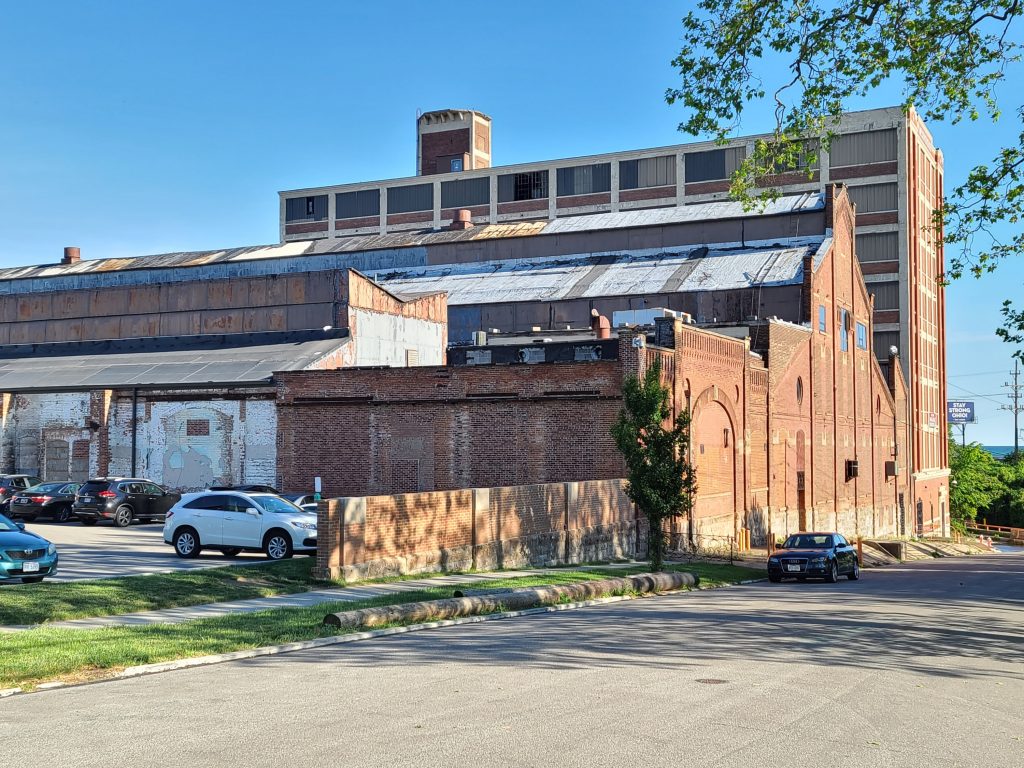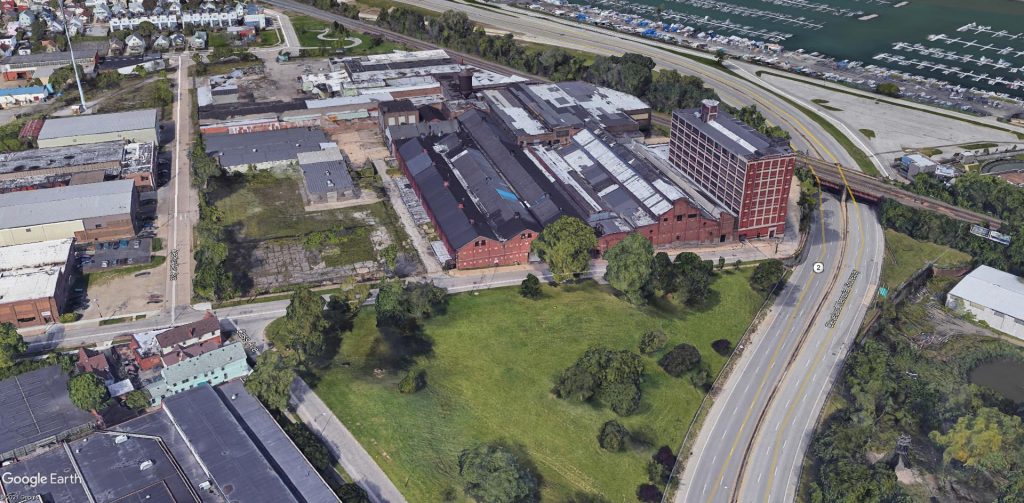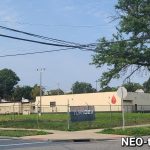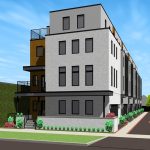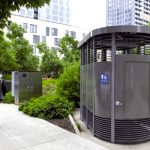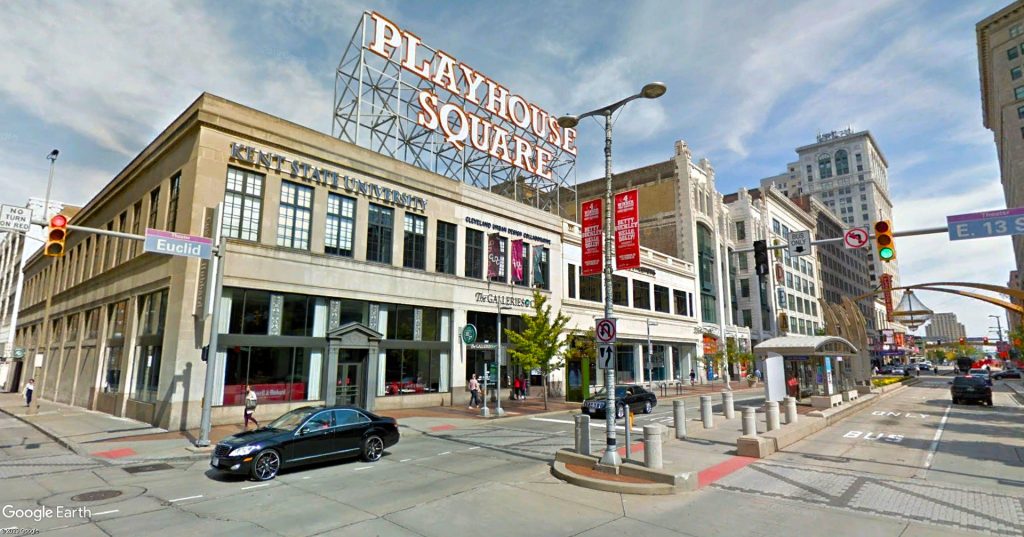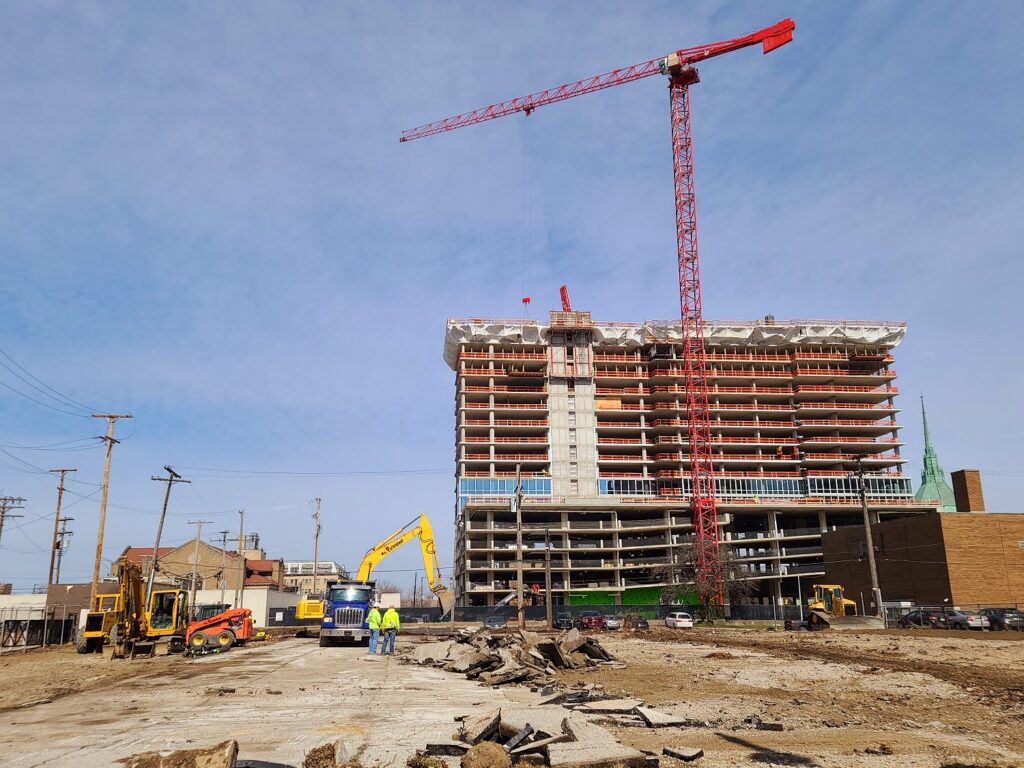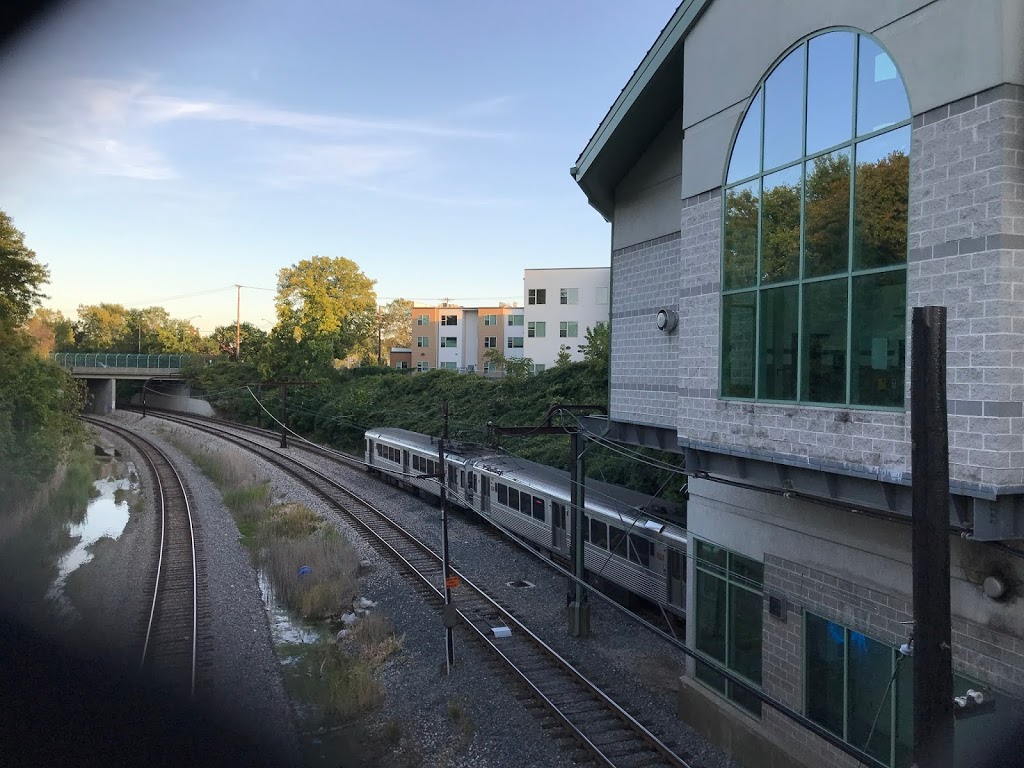When an abandoned industrial property has a great location and great views, eventually the right investor with the right program at the right time is going to find it and redevelop it no matter how difficult that site is.
The latest property to fit that bill is the abandoned Westinghouse factory along Cleveland’s West Shoreway, located at 1200 W. 58th St. at the north end of the Gordon Square neighborhood. It has several factors going for it this time, despite at least one prior attempt that came up empty.
One of those factors is the investor himself. Michael Trebilcock, founder and chairman of Cleveland-based data protection company MCPc Inc., has enjoyed great success in business. He also founded a real estate firm called Trebilco Properties to invest his wealth in improving Greater Cleveland.
According to sources close to the project but who were not authorized to speak about it publicly, Trebilcock is seeking to redevelop the Westinghouse property with a boutique hotel, apartments, shops and parking. The site features 303,000 square feet of connected structures including an eight-story building that looms over the Shoreway.
The estimated cost of the redevelopment is $85 million, they said. The Krill Co. of Cleveland is being engaged as the project’s general contractor and Los Angeles-based AECOM was chosen as the architect. AECOM has an office in Cleveland.
In a brief phone interview, Trebilcock confirmed his interest in the Westinghouse property which is currently owned by the Kole family of Westlake, doing business as Paramount-Breakwater Properties, LLC. It is listed for sale at $6 million.
“We’re really at the tail end of getting through the acquisition,” he said. “We’re moving in on closing the purchase in about four to six weeks.”
As for sharing more details, such as the hotelier’s name, number of apartments, or types of retailers/restaurants in the proposed programming for the redeveloped Westinghouse property, Trebilcock was mum.
“I’d rather not say anything at this point,” he said. “But it’s exciting.”
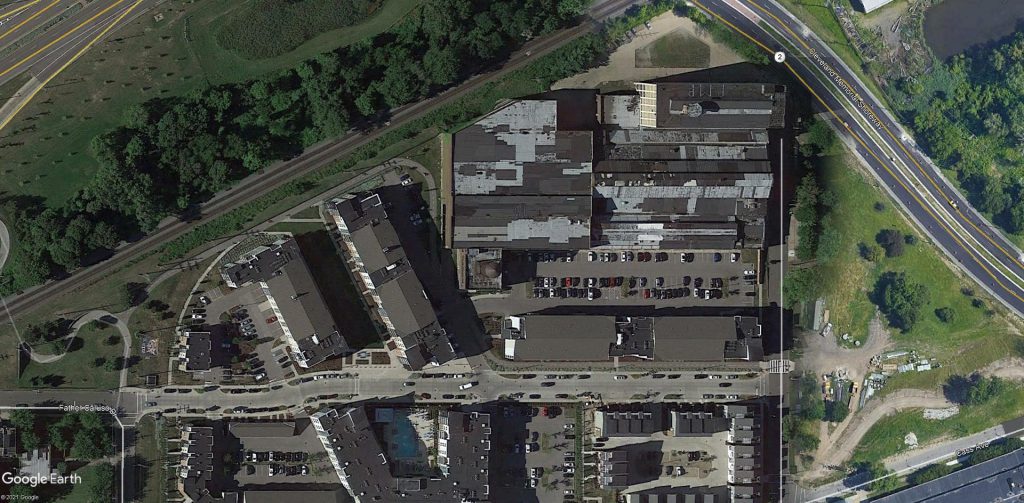
An overhead view of the Westinghouse plant in August 2020, showing the extensive development around it. Compare it to the photo from five years earlier, shown below (Google).
The sources also were unwilling to share many details about the programming, but they acknowledged that the boutique hotel would be the dominant use for the eight-story building with residential as a secondary use.
Westinghouse’s tower is 122 feet tall and measures 112,000 square feet. The lower-level parts of the complex are proposed to have unidentified shops and parking. They measure 191,000 square feet and date to 1882. Those structures are 1-3 stores tall, some with high, truss-supported ceilings and unconventional floor plans.
In the decades that Westinghouse owned the plant, the low-level structures were full of heavy machinery such as drop forges, foundries and presses as well as polishing, annealing and anodizing processes, according to a former employee. That means finding resources to not only redevelop the site but potentially to clean it up.
Another timing factor working in the favor of a redeveloped Westinghouse property is the availability of significant new public funding resources. They include the Transformational Mixed Use Development (TMUD) tax credit program as well as $350 million in new state funding for environmental clean up of abandoned industrial properties.
The TMUD program will have $100 million in tax credits for large real estate development projects statewide in each of the next four years. Of that, $80 million will go to developments in and near Ohio’s six largest cities, benefitting projects with price tags of at least $50 million, standing 15 or more stories tall or measuring at least 350,000 square feet.
For Westinghouse to qualify, it would have to add nearly 50,000 square feet of space. If it didn’t add space, the project could go the route of tapping historic tax credits to overcome the project’s high costs. When asked if he would pursue a TMUD credit, Trebilcock was non-committal.
“There’s lots of options for financing,” he said. “We’re running the gamut at this point.”
The timing may also be improving for attracting a boutique hotel to Cleveland, which doesn’t have any luxury brands in or near downtown. That omission was duly noted in efforts that began last year to redevelop the Flats West Bank with mixed uses including an upscale boutique hotel. The market research showed Cleveland could support one but the pandemic kept hoteliers from committing at that time.
Ward 15 Councilman Jenny Spencer and Detroit-Shoreway Community Development Organization Director Adam Stalder did not respond to e-mails seeking comment prior to publication of this article.
END

